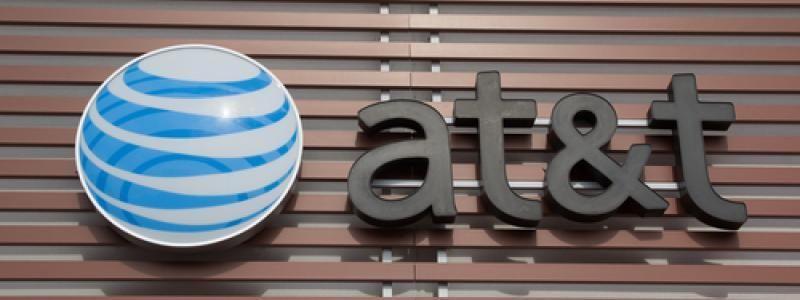AT&T Accusing FCC Of Double Standards

AT&T is accusing the Federal Communications Commission (FCC) of favoritism when it comes to enforcing the government agency’s rules. Last week, the American wireless carrier sent a letter to Tom Wheeler, chairman of FCC, saying that the agency has been slow in approving a Wi-Fi waiver for a particular calling feature that does not meet the FCC’s rules about accessibility for speech and hearing impaired mobile users.
AT&T had hoped to launch the feature back in September 25th of this year (together with the release of Apple’s iOS 9 mobile operating system, which supports the feature), so the wireless carrier had applied for the waiver as early as June this summer. Rival networks T-Mobile and Sprint already offer the feature for over a year now, and they are doing it with no waiver, plainly violating the rules set by the FCC. But according to AT&T, the government agency has done nothing to address T-Mobile’s and Sprint’s violations.
AT&T’s letter posits that the FCC is biased against the second biggest wireless carrier the United States. Back in June earlier this year, the FCC revealed that it was issuing a $100 million fine against the carrier for deceiving its subscribers who sign up for unlimited data plans. According to the FCC, the wireless carrier has slowed down its data without properly notifying its customers (AT&T denies any wrongdoing). The carrier in turn has been fighting with the FCC over rules for an upcoming wireless spectrum auction, which will set aside a certain chunk of licenses that only smaller carriers can bid on, excluding big players such as AT&T.
For some time now, T-Mobile and Sprint have been offering a specific feature that allows phone calls to automatically switch to a Wi-Fi connection whenever a cell connection is not strong enough. AT&T claims that these T-Mobile and Sprint are both violating FCC’s rules that require voice service to accommodate mobile users who are speech and hearing impaired. According to AT&T, all telecoms services must support teletypewriter service (TTY), which lets speech and hearing impaired users to type messages over the phone network with the use of devices that have keyboards. However, TTY devices do not always properly on Wi-Fi. AT&T claims it has come up with another option, and one that is technologically superior compared to TTY. The new alternative solution is real time time (RTT), and the wireless carrier (with support from disability advocates) wants it implemented immediately, with the help of a temporary waiver granted by the FCC.
But apparently, the FCC has not approved any waiver yet. AT&T points out the unfairness of having been denied a waiver from the FCC, when its rivals T-Mobile and Sprint are offering a similar feature without being punished by the government agency.
Related Blog Articles
- Microsoft Talks Key Stats During Recent NYC Event
- Google Unveils Accelerated Mobile Pages Project
- Nearly Half Of Smartphones Sold In America Linked To Installment Plans
- New iPhone Models On AT&T Now Have Wi-Fi Calling
- Mobile Searches: Finally Overtaking Desktop Searches In Number
- Has Teen Texting Behavior Become Akin To Compulsive Gambling?
- Samsung To Experience First Ever Yearly Decline In Smartphone Shipments
- How T-Mobile Can Take Advantage Of Next Year’s Wireless Auction
- Facebook, Apple, & Netflix Seek Rights for Live Broadcasts
- Android Device Makers Need To Do More To Protect Users From Old Bugs, Per Study


 Menu
Menu